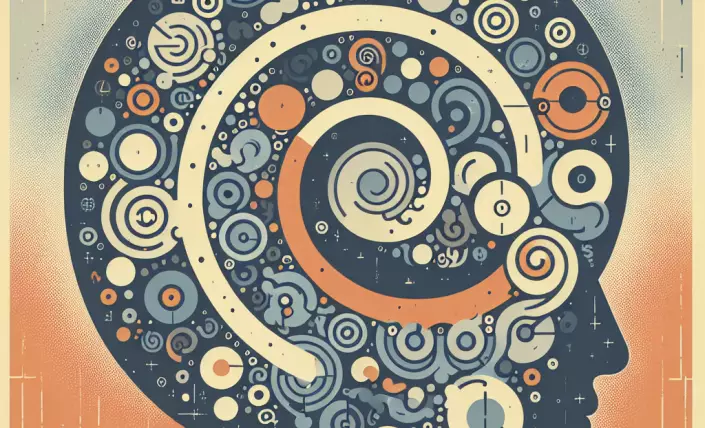In the vast tapestry of human history, tradition emerges as both a guiding light and a clinging shadow. Edmund Burke, a pioneering thinker in the realm of political philosophy, offered profound insights into the nature of tradition, emphasizing its role as a stabilizing force in society. Yet, in our modern world, where progress and innovation reign supreme, Burke's reflections compel us to question: Are we shackled by the weight of tradition, or is it the foundation upon which we build our future?
Burke championed the belief that tradition serves as the collective wisdom of generations, a reservoir of knowledge accumulated through the trials and errors of those who came before us. He argued that this inherited wisdom provides the necessary framework for societal continuity, offering a sense of identity and belonging. In this view, tradition is not merely a relic of the past but a living entity, evolving and adapting to the changing contours of society. However, in the relentless march towards modernity, we must ask ourselves whether this deference to tradition becomes a form of subtle tyranny. Are we, in our adherence to established norms, inadvertently stifling innovation and progress?
Consider the tension between tradition and progress within the context of social and political structures. While tradition provides stability, it may also perpetuate systemic inequalities, embedding outdated prejudices and practices into the very fabric of society. Burke himself was acutely aware of the potential for tradition to become an instrument of oppression, cautioning against the uncritical acceptance of inherited practices. Thus, the challenge lies in discerning which aspects of tradition are worthy of preservation and which must be reformed or discarded. As we navigate this delicate balance, we must remain vigilant, questioning the values and beliefs we inherit, lest we become prisoners of our past, unable to forge new paths into the future.










